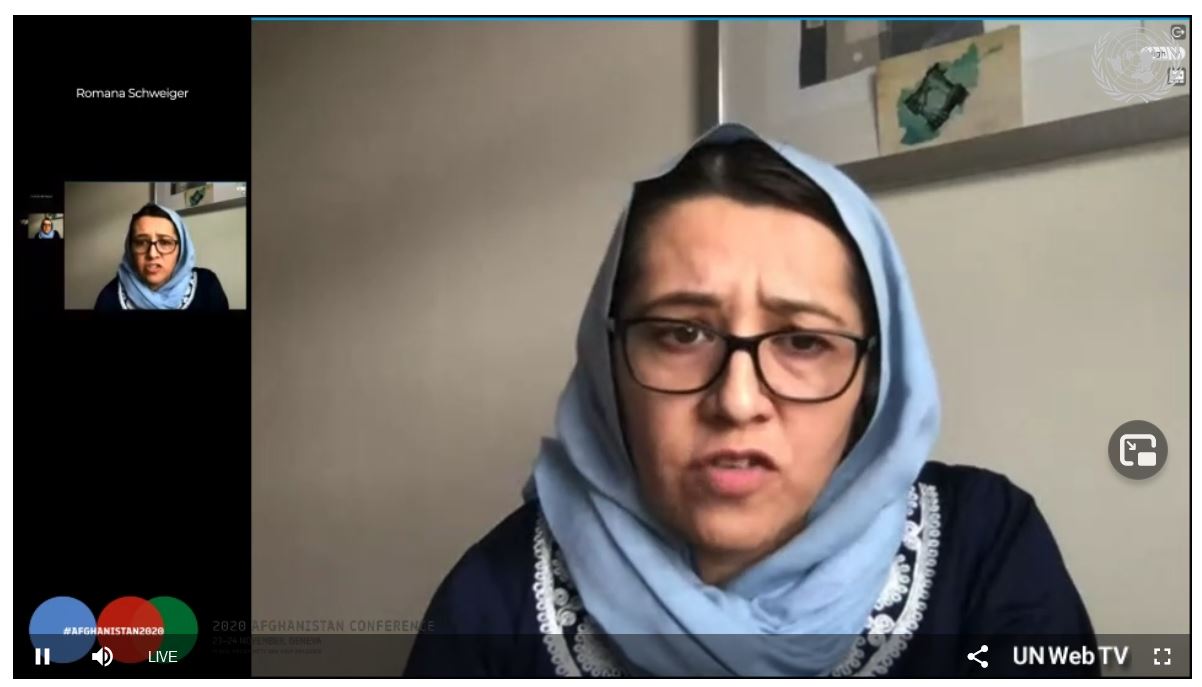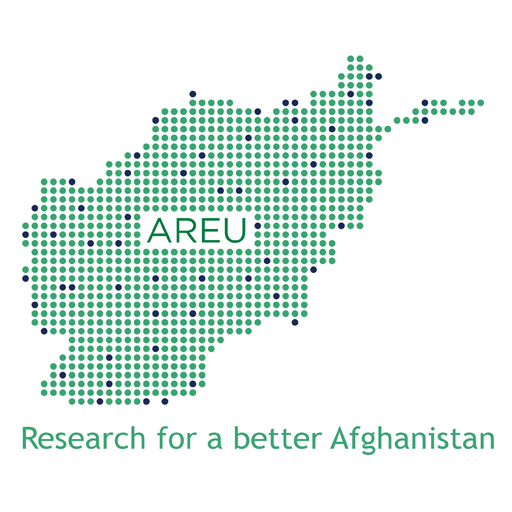
30 Nov Brief remarks from AREU Director Dr Orzala Nemat At the Geneva Conference Side Event: Institutional and societal methods for fighting corruption, 23 November 2020
Excellencies, Distinguished Chair and participants, So grateful to see this panel on an important topic, despite some discouraging remarks on research and theories, giving importance to research by including a distinguished scholar. So starting with a strong emphasis on the importance of evidence based research that can help with policy making and programing to measure progress on anti-corruption and more accountability concretely.
In discussions around how to fight corruption, the role of illicit economies is an important factor to be considered. AREU is part of an international research project led by SOAS, University of London called Drugs and (dis)order , which asks the overarching question: ‘How can war economies be transformed into peace economies in countries experiencing armed conflict and with substantial drug economies?’ Research is being conducted in Afghanistan, Colombia and Myanmar, and in the case of Afghanistan, in the borderlands of Nimroz and Nangarhar.
Our research findings highlight the importance of contextualizing corruption and understanding its local meanings and effects.
Anti-corruption initiatives need to make sense locally and work with the grain of local institutions, perceptions of morality and the legitimate or illegitimate exercise of
power.
This also means recognizing the potential of community representation in fighting corruption. We have ample evidence that bottom-up representation and pressure can have a positive impact on perceptions of fair play in terms of resource distribution, conflict resolution and state rule.
Although we of course found many examples of the connections between the drug economy and corruption, our research also highlights that drug economies can have redistributive and pro-poor dimensions too. Some forms of corruption may be functional and developmental, and socially acceptable. This means that it is important to understand different forms of corruption and the trade-offs involved in fighting them.
Our research warns of the dangers of ignoring these nuances and pushing hard on either anti-corruption or counter-narcotics measures, or both. This can be extremely de-stabilising, especially in the borderlands, where illicit economies are deeply embedded in people’s livelihoods, markets and political structures.
This is particularly salient in light of discussions today around the peace process and the almost complete absence of debate about the role of the illicit economy in a post- war transition.
Therefore, to conclude, the question of the illicit economy and an in-depth analysis of its underlying drivers needs to be part of a broader conversation around corruption, if we are to address the root causes as well as the symptoms.

